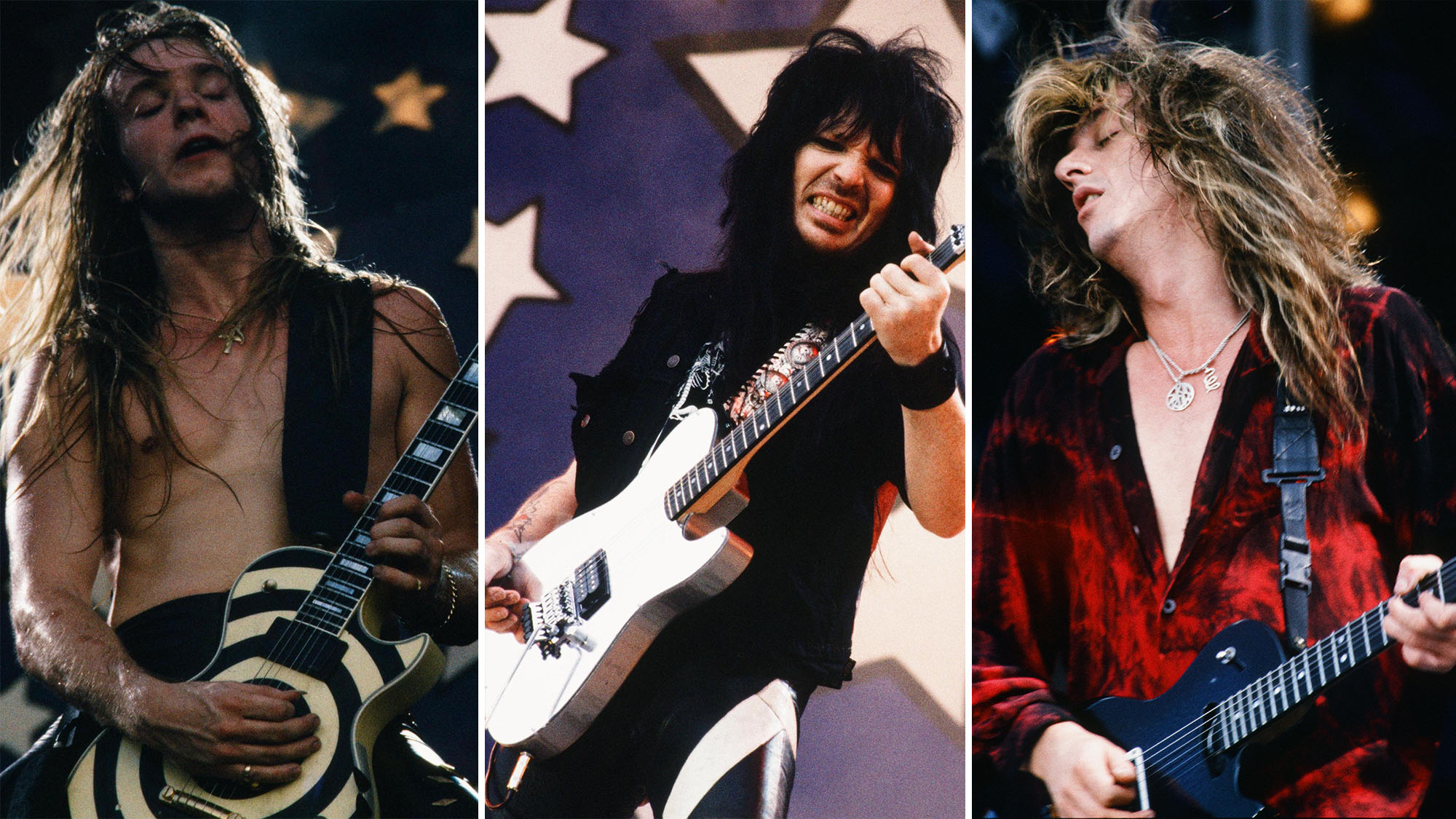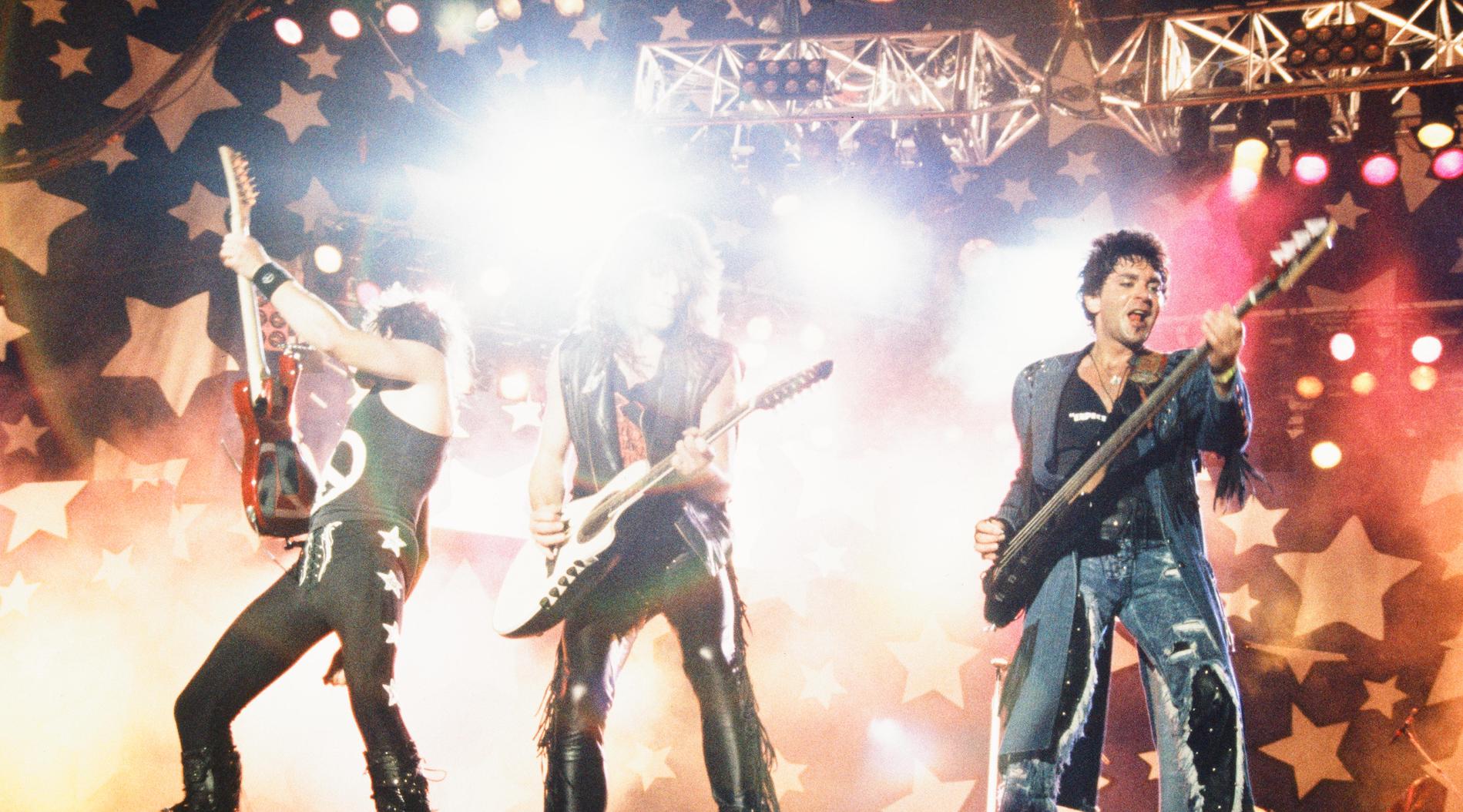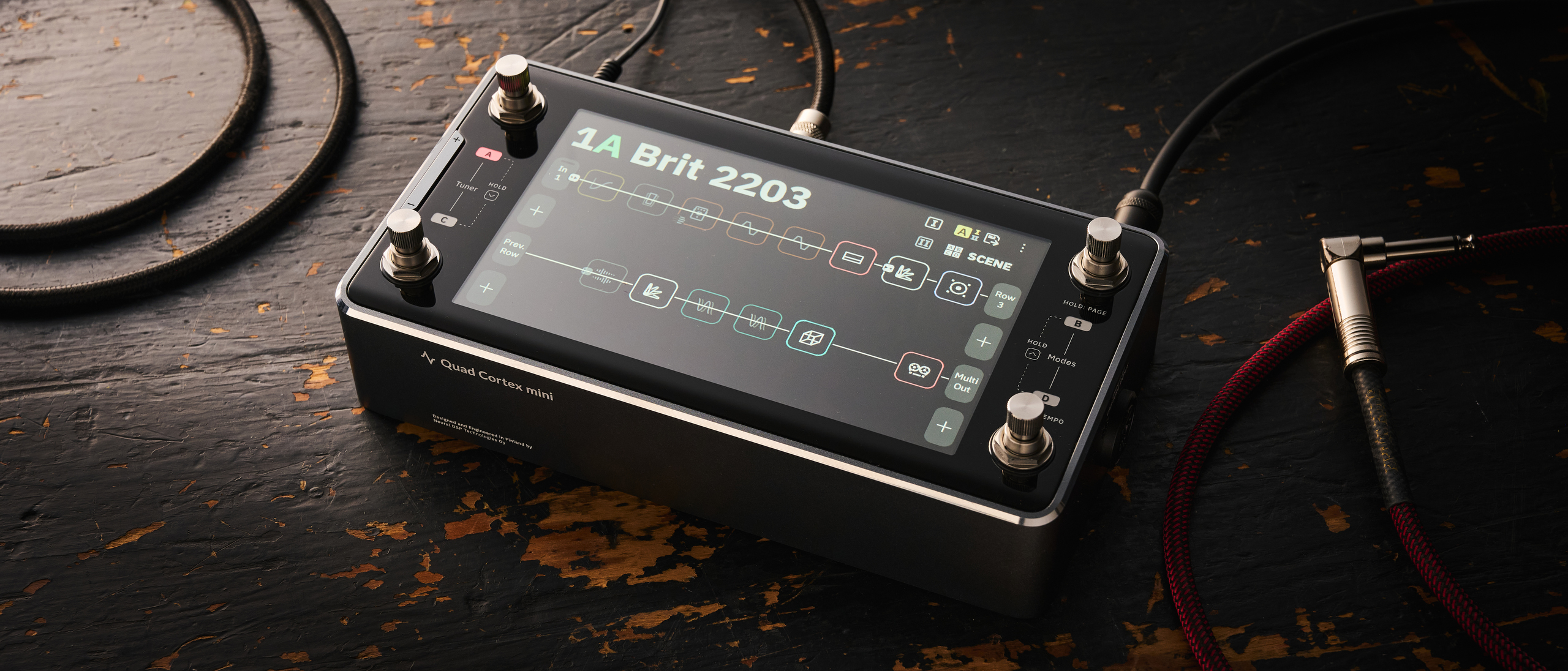That time Zakk Wylde, Mick Mars, Snake Sabo and more joined forces to cover Led Zeppelin's Rock and Roll – in the Soviet Union
The "Russian Woodstock" was a surreal event – filled with killer performances, and on- and off-stage fireworks – that gathered the biggest, wildest acts in hard rock together behind the Iron Curtain

All the latest guitar news, interviews, lessons, reviews, deals and more, direct to your inbox!
You are now subscribed
Your newsletter sign-up was successful
For a number of reasons, the 1989 Moscow Music Peace Festival was unlike any other rock festival that had come before it – or, really, any that has been held since.
Envisioned as a "Russian Woodstock" that would, in theory, raise global awareness of drug and alcohol abuse, the festival gathered the biggest (not to mention craziest) acts in hard rock – Cinderella, Scorpions, Skid Row, Mötley Crüe, Ozzy Osbourne and Bon Jovi – behind the Iron Curtain, at a time when the Soviet Union had only just begun to open itself up officially to American and Western European popular music.
The festival inspired one of the billed acts to write an inspirational power ballad that would become one of the biggest hit singles in the history of popular music, and the drummer of another one of the bands to physically fight their manager, but more on that later...
Political and tabloid intrigue aside, the festival – held at Central Lenin Stadium (now known as Luzhniki Stadium) – had some truly killer performances, among them a set-closing jam session featuring the members of Skid Row and Mötley Crüe jamming on Led Zeppelin's Rock and Roll with Zakk Wylde and Jason Bonham on drums.
You can see footage of the jam – which features Skid Row electric guitar player Snake Sabo, and Mötley guitarist Mick Mars in addition to Wylde – below.
Mötley Crüe singer Vince Neil and Skid Row frontman Sebastian Bach, trading off lead vocals, are each in prime form, but the guitarists bring plenty of energy, too. Rather than one-upping each other with head-cutting leads, Wylde, Sabo and Mars focus on the Zeppelin classic's crushing rhythm parts, aided by a wall of what must've been indescribably loud Marshalls between them.
Despite the fun all participants were evidently having, the festival, perhaps inevitably, didn't close out without some fireworks – both onstage and backstage.
All the latest guitar news, interviews, lessons, reviews, deals and more, direct to your inbox!
Given that there were numerous stadium-headlining acts on the bill, there was some degree of conflict about who would "headline" the show. According to Rolling Stone's oral history of the festival, the day the festival began, Ozzy Osbourne threatened to drop out if he did not receive higher billing, leading Doc McGhee – who at the time managed all the festival's biggest acts sans Osbourne – to make the Prince of Darkness second on the bill, below Bon Jovi.
Mötley Crüe, already miffed about being second on the bill, were dropped to third. Furthermore, they were told in no uncertain terms by McGhee that pyrotechnics – a major feature of their typical stage show – were strictly off-limits, for all acts.
Imagine their – and the crowd's – surprise, then, when there was a massive pyrotechnic explosion during a climactic moment in Bon Jovi's set.

"I heard Tommy [Lee, Mötley's drummer], coming down a ramp, [yelling] fuck you Doc McGhee, fuck you!" Sabo – who was backstage at the time – told Patrick Radden Keefe on his Wind of Change podcast.
"I immediately ran back, backstage, and found my manager, and I remember shoving him," Lee told Rolling Stone. "Like a big chest push, just ‘boom.’ And I pushed him on the ground, like 'Fuck you, you fuckin’ lied to us. Tomorrow morning, you’ll be working for the fucking Chipmunks.'"
Avoiding – as they typically did – the backstage blow-ups that consumed many of their contemporaries, Scorpions, for their part, came away inspired by the festival. The energy and excitement they felt from the Russian audience would go on to inspire Wind of Change, a power ballad that celebrated the political changes coming to Eastern Europe. It would go on to not only become their biggest hit, but one of the best-selling singles of all time, in any genre.
"We went on a boat on the Moskva [River] down to Gorky Park, where they had a barbecue," Scorpions frontman Klaus Meine told Rolling Stone in 2017. "I think it was the night before the first show [of the festival]. Stas Namin was running a so-called Hard Rock Café. There were some banners in the trees in this place they picked in the park, and they put speakers in there with music from all the bands.
"The entire world, musicians from America, England, Russia, Germany, all joining together in this boat with Red Army soldiers, MTV, media people – and everybody [is speaking] the same language: music."
Jackson is an Associate Editor at GuitarWorld.com. He’s been writing and editing stories about new gear, technique and guitar-driven music both old and new since 2014, and has also written extensively on the same topics for Guitar Player. Elsewhere, his album reviews and essays have appeared in Louder and Unrecorded. Though open to music of all kinds, his greatest love has always been indie, and everything that falls under its massive umbrella. To that end, you can find him on Twitter crowing about whatever great new guitar band you need to drop everything to hear right now.

